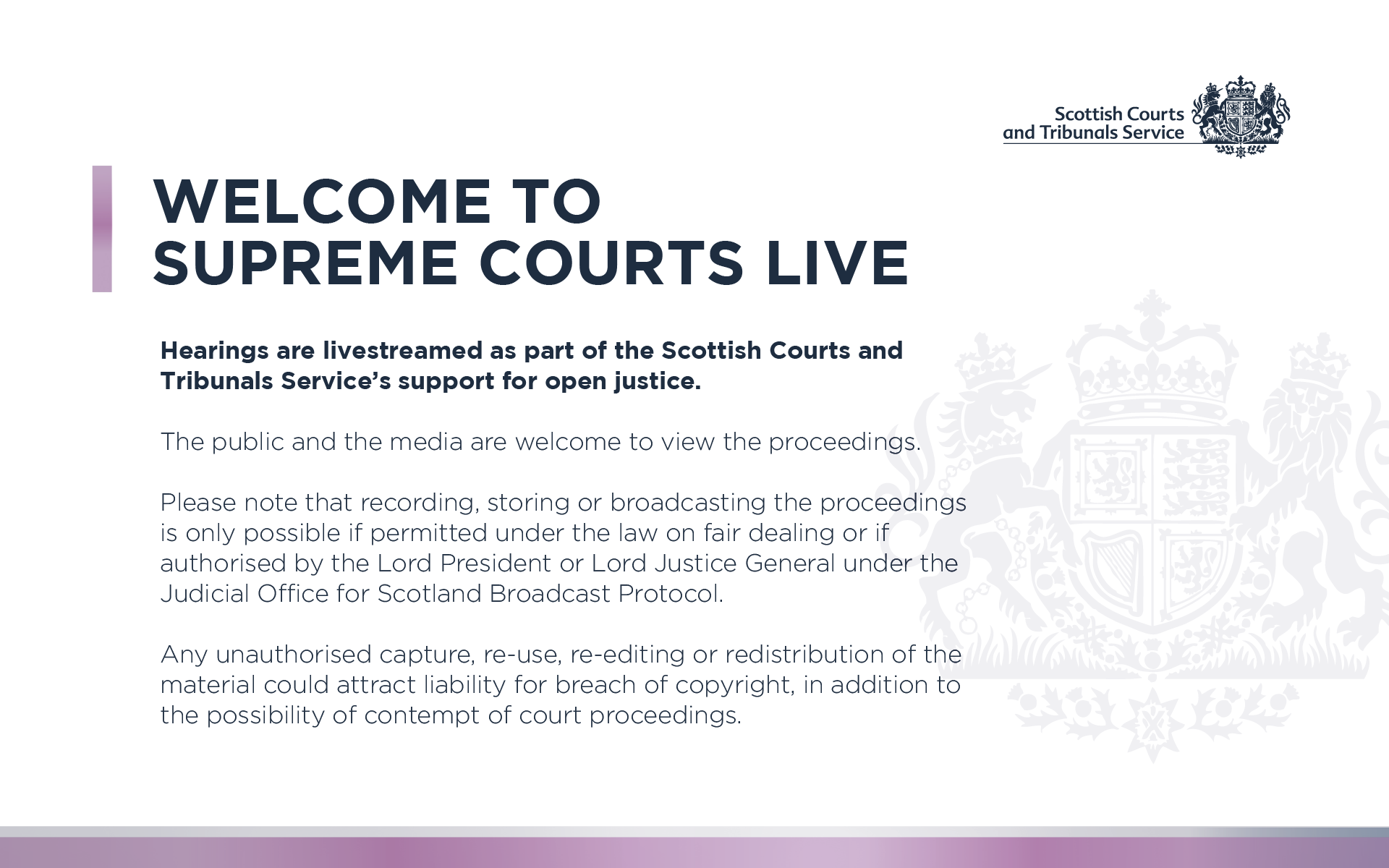Case description
[1] On 17 April 2017 the reclaimer (appellant) required emergency assistance from paramedics at her home. The first defender, an ambulance technician, attended and transported the reclaimer to hospital. The reclaimer asserts that this introduction catalysed a series of sexual, physical and emotional abuse towards her by the first respondent. She has raised proceedings in the Court of Session seeking damages in recompense for the abuse she suffered, together with the injuries said to be consequential to the abuse.
[2] The reclaimer’s case against the second respondent, the Scottish Ambulance Service, is two-fold. First, it is said that the Ambulance Service is vicariously liable for the actions of its employee, the first respondent. Secondly, the Ambulance Service is said to be directly liable to the reclaimer in that it failed to adequately investigate earlier allegations that the first respondent had sexually assaulted another patient two years prior. The reclaimer avers that the Ambulance Service’s failure to investigate placed her at risk of harm that was reasonably foreseeable.
[3] The Lord Ordinary, following legal argument, dismissed the reclaimer’s case insofar as it related to direct liability on the part of the Ambulance Service. The reclaimer’s case as it related to vicarious liability was permitted to proceed to proof (civil trial). Each decision is challenged by the reclaimer and the Ambulance Service respectively. In addition, the Ambulance Service challenge the competency of this reclaiming motion (appeal).
[4] The reclaimer argues that the Lord Ordinary was wrong to dismiss the case relating to a direct duty of care owed by the Ambulance Service. The Lord Ordinary had applied the wrong test. He ought to have applied the traditional principles of negligence rather than the test for novel cases set out in Caparo Industries v Dickman. Had he done so, it would have been clear that the reclaimer averred a relevant case in negligence.
[5] The Ambulance Service argues that the Lord Ordinary was wrong to allow the case relating to vicarious liability to proceed to proof. There was no close connection between the first defender’s duties as an ambulance technician and the alleged conduct. His employment afforded him no more than mere opportunity to meet the reclaimer.
[6] The Second Division of the Inner House will hear the reclaiming motion at 10:30am on Thursday 15 May 2025.

